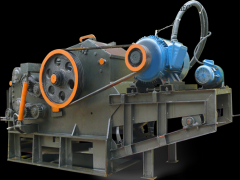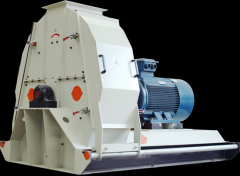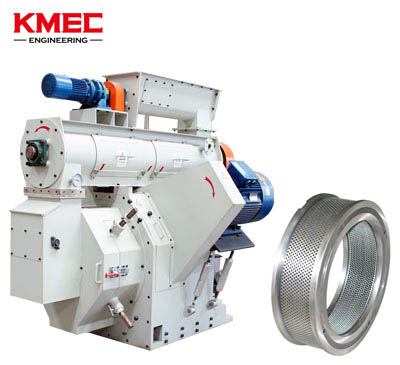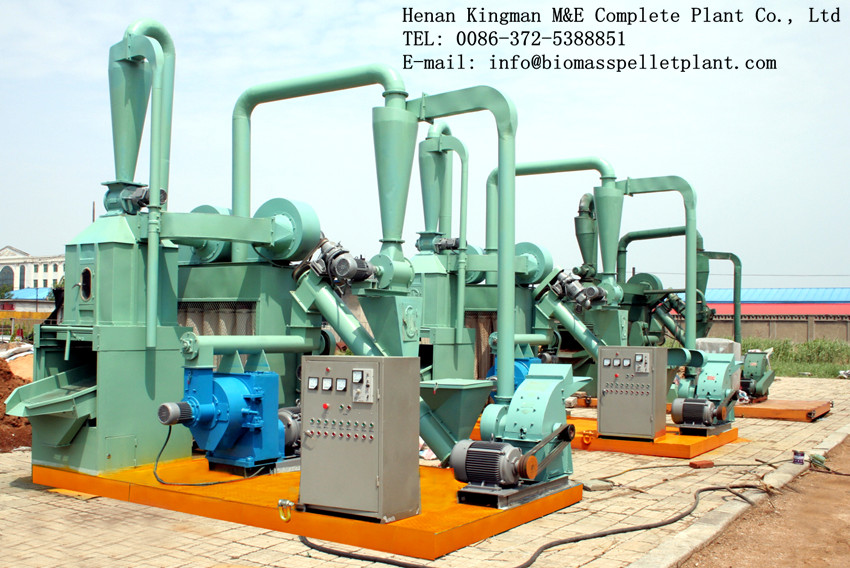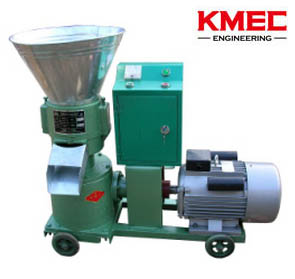Highland pellets to build $130 million facility in arkansas
Highland Pellets LLC, an Arkansas company, today announced the building of a 500,000 metric ton per year wood pellet plant in Pine Bluff, Arkansas.
The wood pellet plant in South Arkansas is still scheduled to come online by the end of 2016, just in time for the wood pellet market to gain steam in Europe as industrial power generators switch from coal to renewable fuels. Top officials of Highland Pellets LLC in Pine Bluff said that their company is moving forward with land acquisition, environmental permitting and other preparations for Arkansas’ first high-profile entries into the burgeoning renewable energy sector.
Highland Pellets announced that they plan to make use of Arkansas’ huge inventory of unused forest dregs, logging leftovers, imperfect commercial trees, dead wood and other non-commercial trees that need to be thinned from crowded, unhealthy, fire-prone forests. The wood pellet plant to be built will convert tons of tree stem and waste wood into tiny pellets that are shipped to Europe and burned in power plants as a renewable form of electricity.
Highland Pellets is a privately held company with industry veterans from the wood pellet plant, finance and energy markets. Wood pellets are a sustainably sourced feedstock for use by European industrial utilities to lower their carbon footprint and provide sustainable base load power.
The new pellet plant, which will take an estimated 18 months to construct, is expected to create 35 direct jobs and an additional 482 indirect jobs, and have a direct economic impact of $86 million annually.
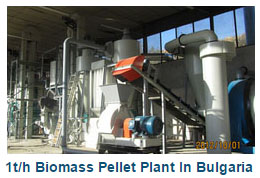
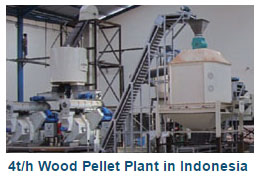
Tom Reilley, Highland Pellets Inc. chairman and co-founder, said the pellets will be sent to the United Kingdom, where they will be used by industrial utilities that are converting from coal fired generators to a cleaner, more sustainable source for generating electricity. The pellet plant expects to produce 500,000 metric tons of products annually, and will obtain the wood from a 70-mile radius of Pine Bluff, he said.
Power companies across the globe are looking for renewable energy alternatives and biomass wood pellets stand as one of the most practical and cost-effective solutions.That is the reason that the pellet plant was build. The plant is will be one of the largest and will help the people to capture more of the growing biomass energy market.
Also the pellet plant gain help from the local government. The government has been taking for years that our biomass resource needs to be leveraged. People need to fond ways to sell Arkansas biomass. And now the economics right is very strong.
Once the pellets are produced, they will be taken to the Port of Pine Bluff and off loaded onto barges that will carry them down the Mississippi River to the Gulf of Mexico for shipment to the United Kingdom.
According to Grant Tennille, director of the Arkansas Economic Development Commission, a number of factors have come into play to make it a perfect time for the development of an Arkansas wood pellets industry. First, the Pine Bluff project have trustworthy investors that have the necessary capital and management experience to make the Arkansas projects a full-scale success.
The Highland team also includes several experienced executives who will lead the development of the Arkansas pellet plant. Scott Jacobs, director of business development, and Mike Ferguson, director of engineering and operations, together operate a company called AgriRecycle, which specializes in the design and construction of wood pellet plant.
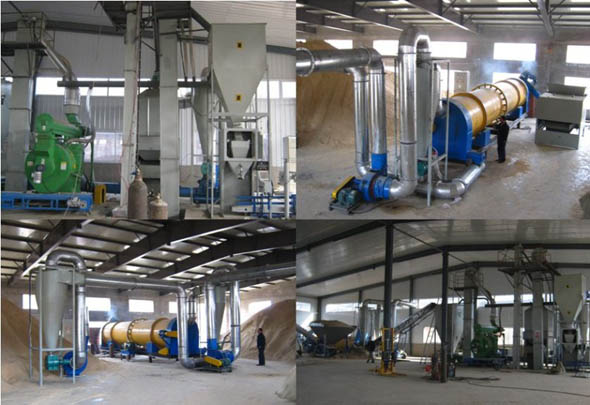
Read:How to start a pellet plant
Now, Tennille said, Arkansas is poised to become a big player in the biomass sector as the wood pellet market takes off in Europe.
In the United Kingdom, the EIA said, wood pellet imports from all sources have grown from near zero in 2009 to more than 3.5 million short tons in 2013. Because of the United Kingdom’s Renewables Obligation program, the operators of several large coal-fired power plants have either retrofitted existing units to co-fire biomass wood pellets with coal or have converted to 100% biomass.
Highland officials have said publicly that their Arkansas pellet plant will primarily focus on meeting the demand they are experiencing from the U.K. and other international markets that need pellet suppliers for the conversion of their coal-fired power plants to sustainable biomass-fired plants. Highland’s fiber supply is fully contracted for 10 years, officials said.
And according to the Arkansas Biomass Resource Assessment, a study commission by the Arkansas Energy Office in 2008, the state has “an excellent biomass resource potential” with an estimated 19.8 billion kilowatts (kwh) of electricity that could be generated using renewable biomass fuels in Arkansas. “This is enough electricity to fully supply the annual needs of 1,979,000 average homes, or 150 percent of the residential electricity use in Arkansas,” the report says
Tennille believes the new pellet plant in south Arkansas represent a great opportunity for the state to be at the forefront of an entirely new energy growth sector, much like the financial boon that the state experience over the last decade with the development of the Fayetteville Shale.
----------------------------------------------------------------------------------------------------------------------------------
Palm EFB Pellet Mill and Pellet Plant Will Usher in Chances
Different raw materials put into use in biomass pellet mill or biomass pellet plant possess different ash contents. Ash content of palm EFB just accounts for 2%, one tenth of coal-based fuel impressively lower that that of other biomass materials.
Pellet Plant Maintenance Tips
Operators must learn that variables occur during the run of pellet plant and, therefore, machine attention is essential. In theory, there is no final adjustment on a pellet mill.
Rice Husk Pellet Machine and Pellet Plant
Rice husk pellet machine and pellet plant are professionally capable of processing rice husk into pellets which can be used as fodder for animal husbandry and aquaculture, for animals such as chicken, cow, house, duck, pig, goose, fish and shrimp.
News
- Small Pellet Machine Manufacturer-Kingman
- Application of Wood Pellets and Use of Biomass Pellets
- From Fossil Fuel into Biomass Pellet Fuel
- Biomass Pellet Making Machines Market
- Applying of pellet stoves for home use
- Highland pellets to build $130 million facility in arkansas
- How to deal with the blocked hammer mill
- How to Make Wood Pellets with Sawdust
- The government policy promotes the development of biomass fuel
- Market analysis of biomass pellet fuel
- Strategic positioning of renewable energy
- Biomass energy has pass through the pre assessment
- The key point of deep processing of biomass pellet
- Harbin is promoting the development of biomass machinery
- The development of biomass formation technology I
- The development of biomass formation technology II
- Biomass energy industry is now going full tilt in 2015
- Rapid increasing demand of sawdust pellet on the market
- Pellet fuel market in EU
- Chinese Biomass Energy Conference held in Beijing
- Future market development of straw pellet mill
- Peanut Shell Pellet Mill Makes High Quality Pellets
- The utilization of straw is only 5%, biomass energy needs our attention!
- Corn straw pellet machine relieves the tight supply of fuel energy
- Reasons for loose or not forming of biomass pellet mill

